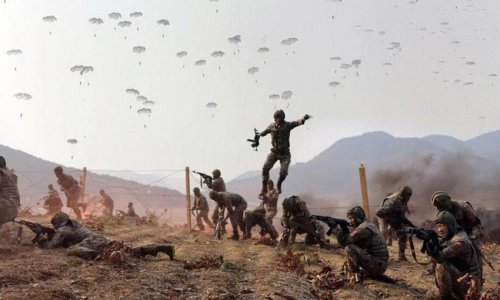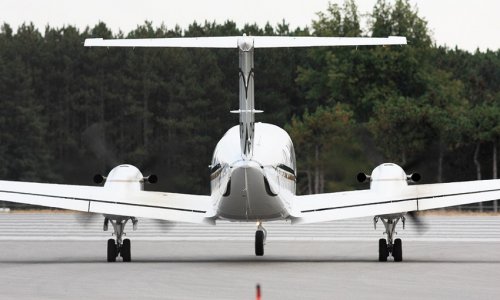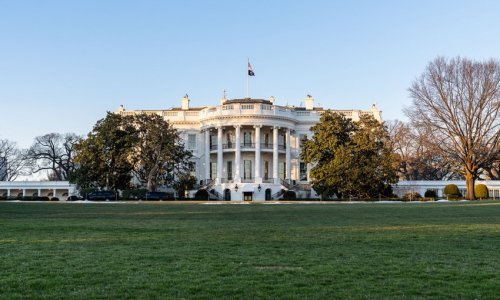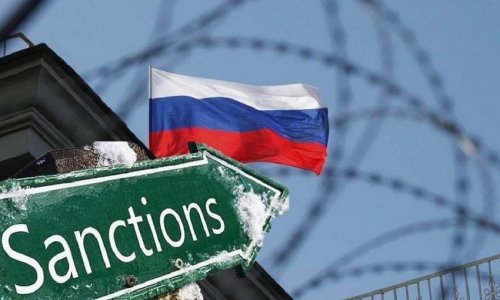A country probably has to admit to a drugs problem when even its wildlife is on cocaine. As of yesterday morning, an online petition calling on the Belgian government to protect the country's racing pigeons from being doped with performance-enchancing cocaine was 200 shy of its target of 45,000 signatures.That nefarious pigeon fanciers have apparently been using the drug as their doping agent of choice is a reminder that a nation often pilloried for being boring is also partial to South America's most notorious export.According to last month's Global Drug Survey, Belgians are the most enthusiastic consumers of cocaine in the world, giving the drug a rating of 5.5/10 compared with just 2.2/10 from Australians, who rated it the least highly.And last week a scientific analysis of wastewater samples in 45 European cities, conducted between 2011 and 2013 and weighted against the size of their respective populations, concluded that the Belgian port city of Antwerp – not London, as widely reported in the British press – is Europe's cocaine capital.The hipster district of Antwerp Zuid, a well-heeled place where bars and galleries give way to vintage shops and furniture stores, knocked Amsterdam into second place when it came to the amount of benzoylecgonine – the metabolised compound cocaine forms after it has been in the human body – washing through its sewerage system. Zurich was third and London fourth.And yet a visitor to the city, home to Rubens and famed for its diamond trade, would find it hard to reconcile genteel Antwerp with its position at the top of the cocaine charts.Dominated by cycling lanes and tramways, it is a city of green spaces and elegant buildings. Lavender plants fill its traffic islands; people wait for the green man to appear before crossing the road; the police stop traffic so that hundreds of cyclists towing children in small buggies can stage a public protest. Even Antwerp's famed red-light district, reputedly home to one of the biggest brothels in Europe, draws as many curious middle-aged tourists as stag parties.No wonder many are reluctant to confront Antwerp's edgy reputation. Several Belgian politicians approached for comment declined to discuss the matter. Even those familiar with Antwerp's drug scene were shocked by the claims made for its cocaine usage. "There just aren't more people here doing cocaine than, say, in Brussels or Rotterdam," said Joep Oomen, who runs a cannabis social club that represents some 300 adults legally allowed to grow the drug to meet their personal needs.Nevertheless, he concedes that cocaine is more popular now than when he came to Antwerp 22 years ago. "It's cheap here, too. When I was 20, cocaine was for people in Hollywood. Not any more."According to the Global Drug Survey, Belgium is the cheapest country in western Europe to buy cocaine. Local people say that dealers on De Coninckplein, a small, cafe-lined square, close to its Chinese quarter, charge as little as €50 (£40)a gram, half the European average.Received wisdom suggests Antwerp's proximity to its port, the second busiest in Europe after Rotterdam, ensures a cheap supply of coke, which in turn drives demand.But Steve Rolles of Transform, a thinktank that advocates reform of the drugs laws, said the truth was more complex: "If there's a demand for a drug, then availability will follow. I mean, it's not like there's a lot of cocaine in Southampton, for example. There has to be something in the social fabric of the place that drives demand."In the case of Antwerp, a city once famous for its merchants, this something appears to be a new era of embourgeoisement. The Ferraris, Porsches and Jaguars snaking their way past Antwerp's boutique designer shops suggest it is a place on the up."Twenty years ago Antwerp was a lot more empty," said Oomen, who puts the city's renaissance down to European integration. "The Flemish region is booming."A rising middle class and cocaine use appear to be inextricably linked. "Cocaine is popular here, but it is a drug for professionals with money," said Katerine, a student drinking in a bar close to Antwerp Zuid's film museum. "Young people will do cannabis or pills. It is the architects, journalists, lawyers and politicians who do coke."Daniel, a waiter at a nearby restaurant, suggested the city's rising affluence had seen it become a popular weekend destination for Europe's upwardly mobile, for whom cocaine was now an essential part of their tourist experience. "People come in by plane, by yacht, by boat, by train. You can get here quickly in a car from Holland or France. It's a beautiful city and people want to have a good time when they're here."The city's reputation as a cocaine hotspot threatens to turn the clock back to the start of the millennium, when it attracted narco-tourists from northern France seeking to score cheap heroin.Keen to avoid history repeating itself, last year Antwerp's mayor, Bart De Wever, declared war on the illegal drugs scene, tripling the size of the city's drugs squad from 15 to 45 officers and pledging "zero tolerance". He has set himself a formidable challenge. Few cities in the world are as immersed in the cocaine trade as Antwerp.Around 25% of the cocaine moving from South America into Europe passes through Belgium. And most of this comes through Antwerp's port, the "supermarket of Europe", which has 140,000 employees and 160km of quayside. But only around 2% of the 8m containers passing through the port each year are screened."Screening is far from watertight," said Tom Feiling, author of The Candy Machine: How Cocaine Took Over the World. "Law enforcement want us to think that they know the size and scale of cocaine coming in, but the reality is that they just don't know."The US State Department estimates that around 20 tonnes of cocaine comes through the port annually. But some studies suggest it could be 30 tonnes or higher. Certainly the cocaine cartels are becoming more ambitious. Two years ago the city's port authorities seized a record eight tonnes of cocaine with a street value of €500m, hidden in a container of bananas shipped from Ecuador.Last year it emerged that hackers, working with the cartels, had breached the IT systems controlling the movement of shipping containers in the port so that they could remove them before they were searched. "It sounds like fantasy and science fiction, but it's the reality," said Calum MacLeod, who is a security expert at Lieberman Software Corporation.At one time the wholesale trafficking of cocaine through the port was performed almost exclusively by Colombian drug cartels. But, according to a recent article in the Journal of Drug Issues, gangs from Albania and the Philippines are now muscling in. They are aware that Europe will soon outstrip the United States as the main market for cocaine.All of which means that picturesque, prosperous Antwerp is unlikely to shed its relationship with cocaine any time soon.(theguardian.com)Bakudaily.az
Is this the most unique sleeping quarters ever?
World
16:40 | 02.06.2014
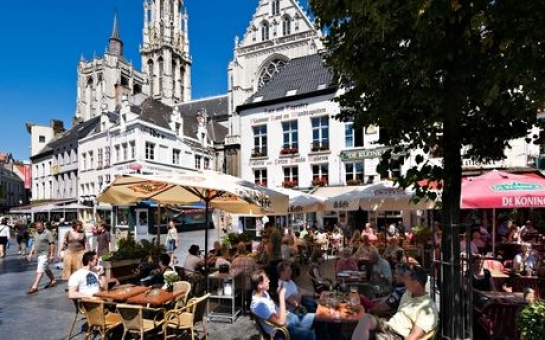
Is this the most unique sleeping quarters ever?
Follow us !

